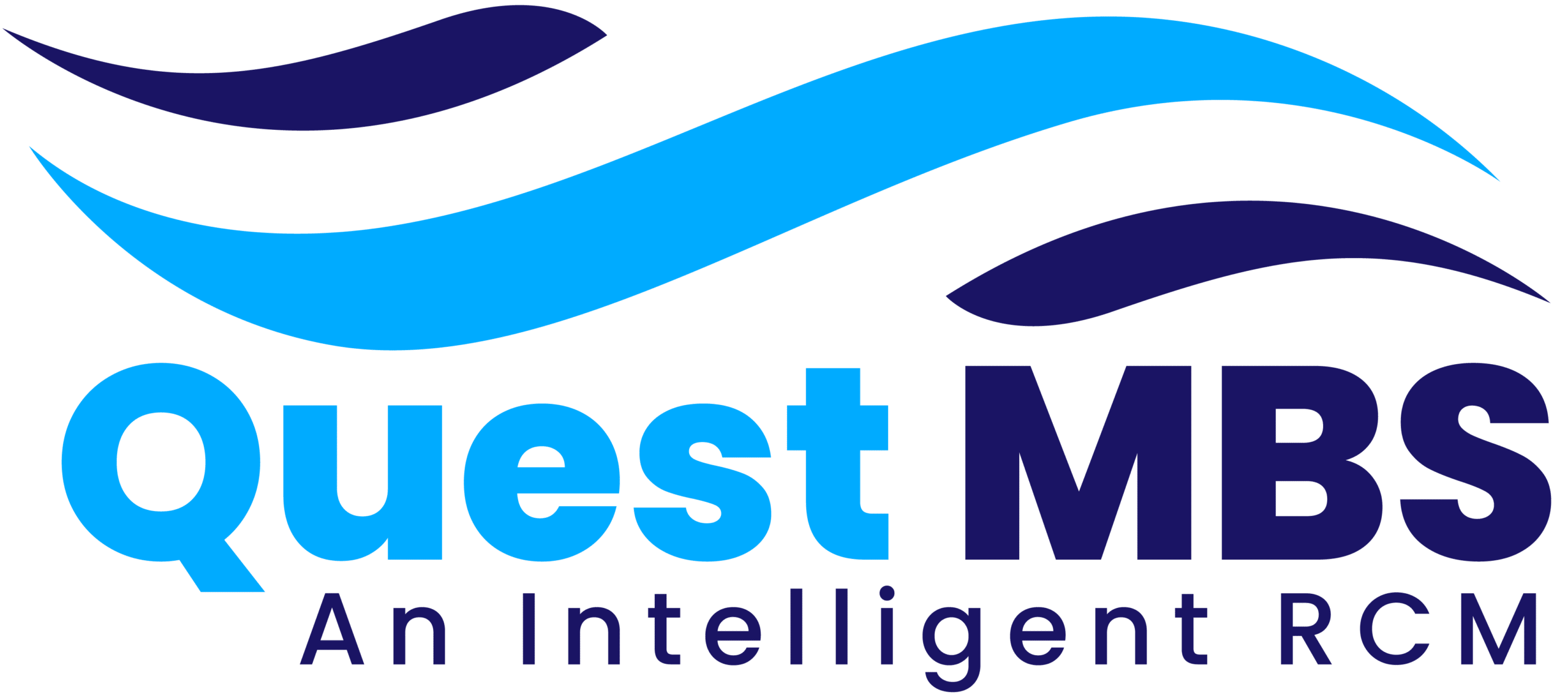Introduction
Medical billing is a critical function in the healthcare industry, ensuring that providers receive payments for services rendered. However, medical billing is not just about submitting claims—it also involves strict adherence to legal and regulatory requirements. Failure to comply with these regulations can lead to severe penalties, fines, and even legal action against healthcare providers and billing professionals.
Every medical biller must understand the laws, policies, and compliance requirements that govern medical billing to avoid fraudulent practices and ensure smooth revenue cycle management. This article will explore key legal aspects of medical billing, the consequences of non-compliance, and best practices for maintaining legal integrity in billing operations.
1. Understanding Medical Billing Laws and Regulations
Several federal and state laws regulate medical billing to prevent fraud, abuse, and errors. Here are some of the most important legal frameworks every biller should be familiar with:
a) The Health Insurance Portability and Accountability Act (HIPAA)
HIPAA is one of the most critical laws governing medical billing, particularly in protecting patient information.
🔹 Key Compliance Requirements:
✅ Ensure the security and confidentiality of patient health information (PHI).
✅ Use HIPAA-compliant billing software to protect sensitive data.
✅ Train staff on proper data handling and privacy protocols.
✅ Encrypt electronic transactions and secure medical records from unauthorized access.
Violating HIPAA can result in significant fines ranging from $100 to $50,000 per violation.
b) The False Claims Act (FCA)
The FCA prohibits submitting fraudulent claims to government programs like Medicare and Medicaid. Billing professionals must avoid practices such as:
❌ Upcoding – Billing for more expensive services than were provided.
❌ Unbundling – Separating services that should be billed as a single procedure.
❌ Billing for services not rendered – Submitting claims for procedures never performed.
Penalties for violating the FCA can be three times the amount of the fraudulent claim plus fines of up to $23,331 per claim.
c) The Anti-Kickback Statute (AKS)
The AKS prohibits healthcare providers from offering, paying, soliciting, or receiving kickbacks in exchange for patient referrals.
🔹 To Stay Compliant:
✅ Avoid referral-based incentives or commissions in billing services.
✅ Do not engage in illegal financial arrangements with providers or suppliers.
✅ Ensure business relationships are legally structured and reviewed by compliance officers.
Violations can lead to criminal penalties, exclusion from federal healthcare programs, and hefty fines.
d) The Stark Law (Physician Self-Referral Law)
The Stark Law prohibits physicians from referring patients to facilities where they have a financial interest unless an exception applies.
🔹 Best Practices for Compliance:
✅ Review all financial relationships between providers and healthcare entities.
✅ Ensure transparency in referrals and medical necessity in billing.
Non-compliance can result in civil penalties and exclusion from Medicare/Medicaid programs.
2. Common Medical Billing Fraud and Errors to Avoid
Billing professionals must be vigilant in avoiding fraudulent practices and common billing errors that could lead to legal trouble.
a) Upcoding and Downcoding
- Upcoding occurs when a provider bills for a higher-level service than what was performed, leading to increased reimbursement.
- Downcoding happens when a provider bills for a lower-level service to avoid audits but loses rightful revenue.
🔹 Solution: Use accurate coding practices and validate each claim before submission.
b) Unbundling Services
Unbundling is splitting a single procedure into multiple billable components to receive higher payments.
🔹 Solution: Follow coding guidelines and bill procedures correctly using bundled codes where required.
c) Billing for Services Not Rendered
Billing for non-existent services is one of the most severe fraud offenses in medical billing.
🔹 Solution: Ensure proper documentation for every billed procedure. Electronic Health Records (EHR) can help maintain transparency.
d) Duplicate Billing
Submitting the same claim multiple times can occur accidentally but can still result in compliance violations.
🔹 Solution: Use billing software that detects duplicate claims before submission.
3. Best Practices for Maintaining Legal Compliance in Medical Billing
To ensure compliance and protect against legal risks, medical billing professionals should implement the following best practices:
a) Maintain Accurate Documentation
- Ensure proper documentation of all services provided before billing.
- Include physician notes, diagnostic reports, and treatment plans in records.
- Store documentation securely and in compliance with HIPAA.
b) Use Certified Coders and Billing Specialists
- Hire certified professional coders (CPCs) with expertise in ICD-10, CPT, and HCPCS coding systems.
- Provide ongoing training on legal and coding updates.
c) Conduct Regular Audits and Compliance Reviews
- Perform internal and external audits to identify errors or fraud.
- Use compliance checklists to review all claims before submission.
- Correct any mistakes before they become legal liabilities.
d) Train Staff on Compliance Laws
- Hold regular compliance training sessions for billing and administrative staff.
- Update staff on changes in billing regulations and payer requirements.
- Implement a compliance program with clear policies and reporting procedures.
e) Implement Secure Billing Systems
- Use HIPAA-compliant billing software with encryption.
- Ensure electronic claims submission follows payer guidelines.
- Protect patient data through access controls and cybersecurity measures.
4. Consequences of Non-Compliance in Medical Billing
Failure to comply with medical billing laws can have serious consequences, including:
| Consequence | Description |
| Fines and Penalties | High fines for violations (e.g., HIPAA violations can reach $50,000 per incident). |
| Audits and Investigations | Government agencies like CMS, OIG, and DOJ conduct audits on suspicious claims. |
| Legal Action | Lawsuits and criminal charges may be filed against healthcare organizations and individuals. |
| Exclusion from Medicare/Medicaid | Providers can be barred from participating in federal programs. |
| Reputational Damage | Non-compliance can harm a healthcare provider’s reputation and patient trust. |
5. The Role of Compliance Officers in Medical Billing
Many healthcare organizations employ compliance officers to ensure adherence to medical billing regulations.
Responsibilities of a Compliance Officer:
✅ Monitor billing practices for fraud prevention.
✅ Conduct internal audits to identify and correct errors.
✅ Educate staff on legal compliance and best practices.
✅ Ensure adherence to HIPAA, FCA, and AKS regulations.
✅ Report violations and implement corrective actions.
Having a dedicated compliance officer can help mitigate risks and improve billing accuracy.
Conclusion
Medical billing and legal compliance go hand in hand. Every biller must be aware of federal and state regulations, ethical billing practices, and proper documentation requirements to avoid fraud and legal trouble.
By following best practices, staying informed about changing laws, using compliance tools, and conducting regular audits, billing professionals can ensure smooth revenue cycle management while maintaining integrity and legal compliance.
Healthcare providers and billing professionals must remain proactive in compliance efforts to protect their organizations from financial penalties and reputational harm. Legal and ethical billing practices ensure sustainability and trust in the healthcare system.







